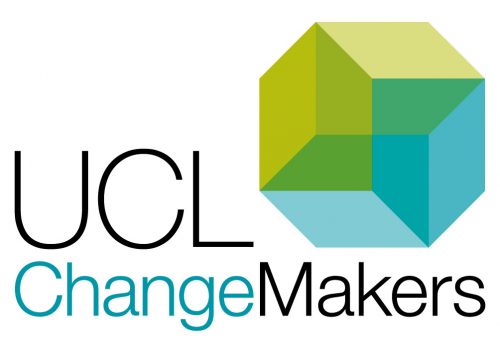THE TEAM
Staff: Isobel Mackay, Beth Hills, Seema Walker (and support from Katie Bretherick our student advisor)
Lead Students: Yi Hui Loh, Adam Izham
Support Students; Lance Simanjoentak, Rebekah Goldwag
DEPARTMENT
Chemical Engineering
WHAT HAPPENED?
In recent years the Department of Chemical Engineering has received large numbers of Extenuating Circumstances claims with students referring to poor mental health and wellbeing. Issues with students’ mental health were also raised in the ASER. When discussed in the SSCC student reps mentioned that they are comfortable discussing academic matters with personal tutors, but not anything regarding mental health. In response to this the department have put in a variety of extra provisions, including training several staff members as Mental Health First Aiders and offering wellbeing drop-in sessions with these staff members as well as directly with the departmental tutors. These drop-in sessions are very rarely attended by students so it is clear that this type of provision is also not one that the students are comfortable using, and we want to use this project to determine how we can help students more effectively. In order to improve the mental health and wellbeing of students in the department of Chemical Engineering it was decided to run a Change Makers project to explore how best we can provide pastoral care to our students, in ways that the students will find the most effective and valuable. There were two key sections to this project. Firstly, for the student partners to design and run a series of focus groups to canvas the opinions of their peers on the wellbeing provision already in place in the department, and what other provisions they would benefit from. Secondly, the staff and students on the project to get together and analyse the anonymised responses of the focus groups to create a series of recommendations for the department. These recommendations will be presented to the Departmental leadership team and where appropriate acted on and implemented in future academic years, led by the departmental tutor.
2022_CE_Mental_Health_Change_Makers_Report_Isobel Mackay
WHAT ADVICE OR ENCOURAGEMENT WOULD YOU GIVE TO SOMEONE THINKING OF DOING A CHANGEMAKERS PROJECT?
This is a really great scheme and excellent way to get students involved with decision making at a higher level in their department. Students were really excited about being asked to be involved with this project to be able to influence their future, but also as it showed the department cares about their voice.
